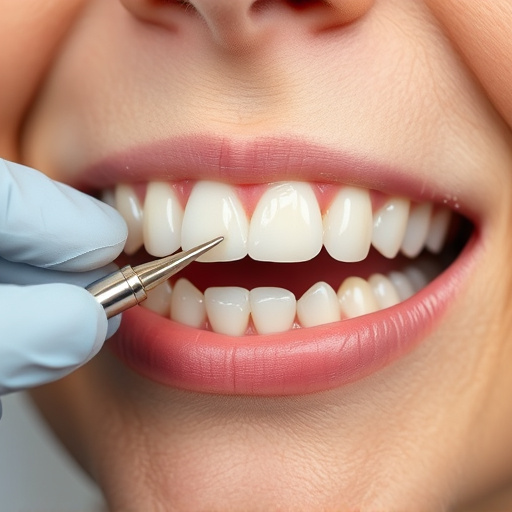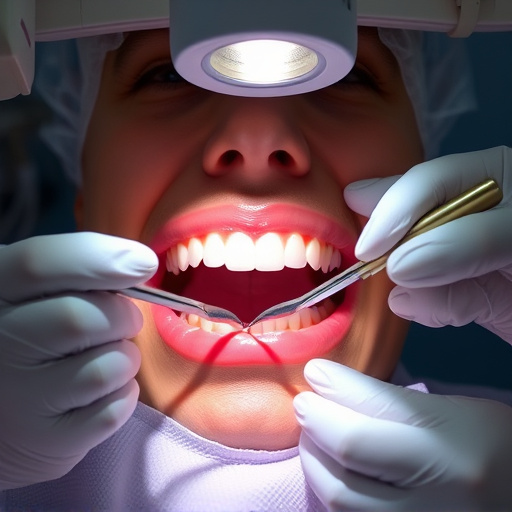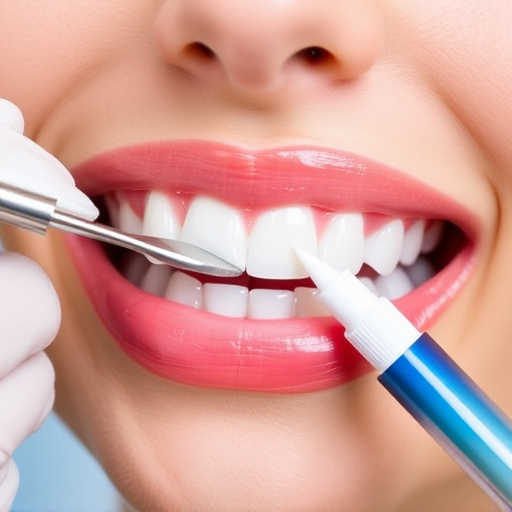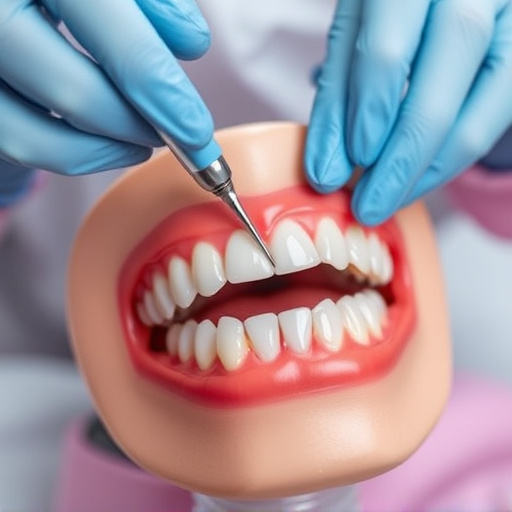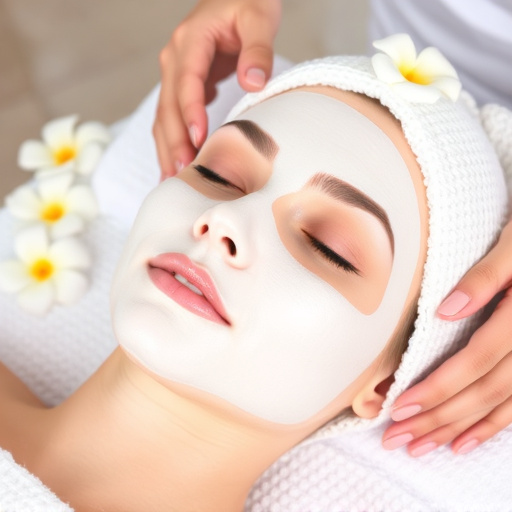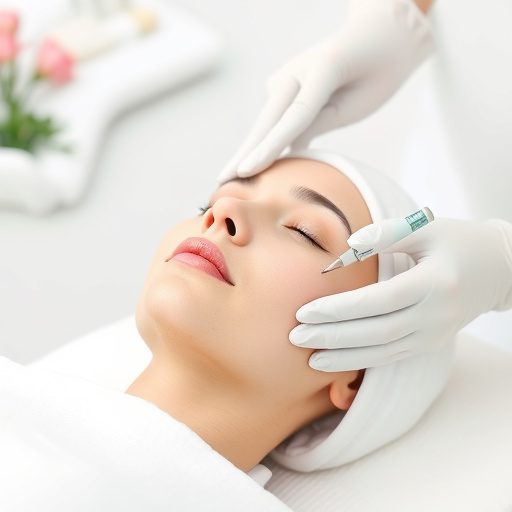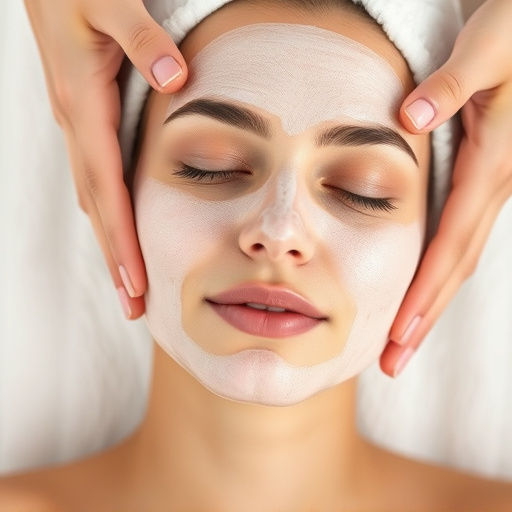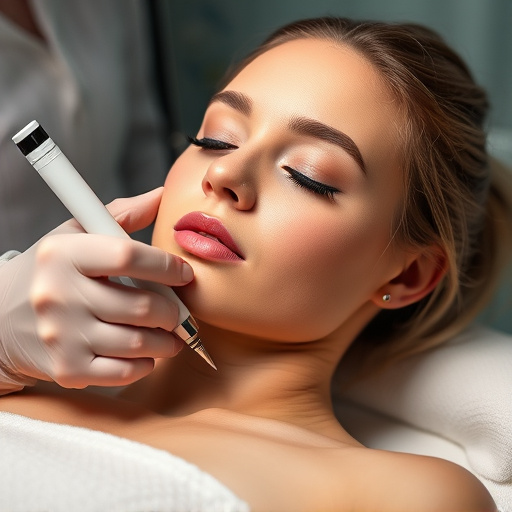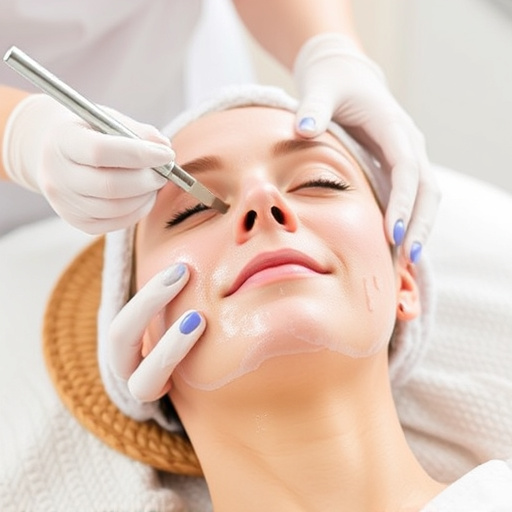Knowing your skin type is key to selecting the best professional facial products and treatments (e.g., deep cleansing for oily skin, hydrating treatments for dryness). Each skin type—normal, dry, oily, combination, sensitive, or acne-prone—has unique needs. Consulting a dermatologist or esthetician can help identify these needs, leading to effective skincare routines and product choices that address issues like acne, wrinkles, or hyperpigmentation. Professional spas offer specialized treatments tailored to individual skin types, ensuring better results and a healthier, radiant complexion.
Unsure about navigating the world of professional facial products? This guide is your go-to resource. Whether you’re dealing with dry, oily, combination, or sensitive skin, understanding your unique skin type is key to effective skincare. Learn how to select cleansers, toners, moisturizers, and serums tailored for professional use, exploring active ingredients and avoiding common irritants. Discover the perfect application techniques and dosage, allowing you to create a balanced, profession-friendly skincare routine that enhances your natural radiance.
- Understanding Your Skin Type
- – Identifying dry, oily, combination, and sensitive skin
- – Importance of knowing your skin's unique needs
Understanding Your Skin Type
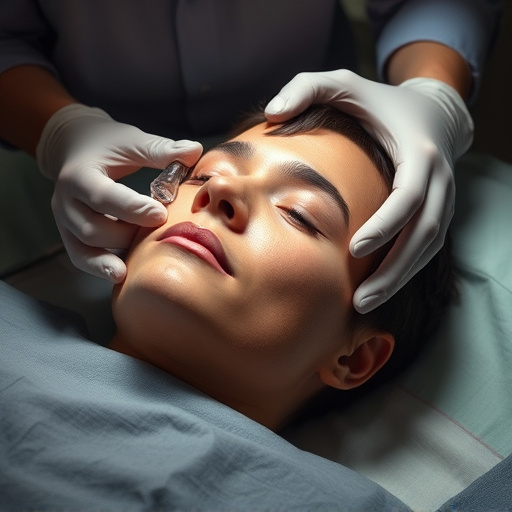
Knowing your skin type is a fundamental step in selecting the right professional facial products and non-surgical treatments. Skin types range from normal to dry, oily, combination, sensitive, or acne-prone, each with unique characteristics and requirements. Understanding yours allows for personalized skincare choices that cater to your skin’s specific needs. For instance, those with oily skin may benefit from mattifying products and regular exfoliation, while dry skin requires hydrating ingredients and gentle formulas.
This personalization ensures that you’re not just applying products willy-nilly but are instead using chemical peels and professional skincare treatments that complement and enhance your natural skin barrier. By matching the care to your skin type, you can expect better results, reduce potential irritations, and maintain a healthy, radiant complexion in the long run.
– Identifying dry, oily, combination, and sensitive skin
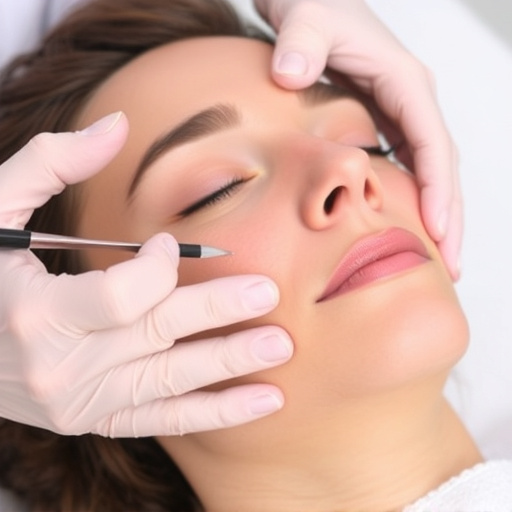
Understanding your skin type is a crucial first step when selecting professional facial products. Skin can generally be classified as dry, oily, combination, or sensitive. Dry skin lacks moisture and often feels tight after cleansing, with fine lines and wrinkles more visible. Oily skin, on the other hand, has excess sebum production, appearing shiny and potentially prone to breakouts. Combination skin is a mix of both dry and oily areas, while sensitive skin can react strongly to various stimuli, causing redness, itching, or irritation.
Identifying your skin type is essential as it guides the choice of facial products. Professional facial treatments, such as those offered by medical spas, often cater to these different skin types. For instance, a deep cleansing routine might be ideal for oily skin to unclog pores and reduce shine, while a hydrating treatment could benefit dry skin, improving its texture and elasticity. Acne treatments target specific concerns, and skin rejuvenation techniques can address signs of aging, all tailored to the individual’s skin type.
– Importance of knowing your skin's unique needs
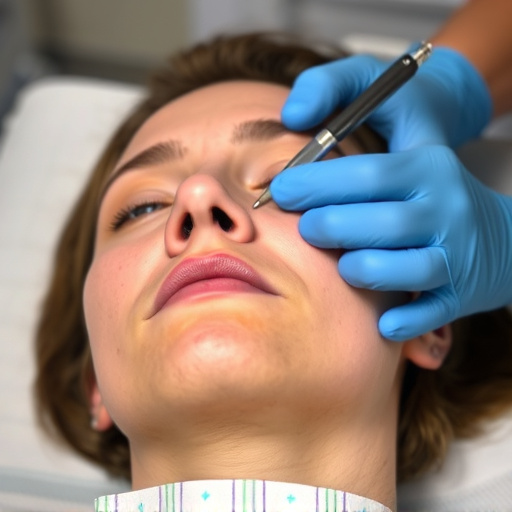
Before diving into the world of professional facial products, it’s crucial to understand your skin’s unique needs. Every individual has different skin types and conditions—dry, oily, sensitive, or combination—and what works for one person might not be suitable for another. This is where consulting a dermatologist or esthetician comes in handy. They can provide valuable insights into your skin’s specific requirements, allowing you to choose the right products that address issues like acne, wrinkles, or hyperpigmentation effectively.
Knowing your skin’s needs is the foundation for successful skincare routines and selections of professional facial products. It ensures that you’re not just treating superficial symptoms but addressing the root causes. Incorporating medical spa services like facials, chemical peels, or microdermabrasion alongside tailored product use can enhance results in terms of skin rejuvenation and body contouring, leaving your complexion healthier and more radiant.
When incorporating professional facial products into your skincare routine, understanding your skin type is paramount. Knowing whether your skin is dry, oily, combination, or sensitive guides you in selecting the right products to meet its unique needs. This ensures effective results without causing irritation. By following the do’s and don’ts outlined in this article, you can navigate the world of professional facial products with confidence, achieving a healthy, radiant complexion.
